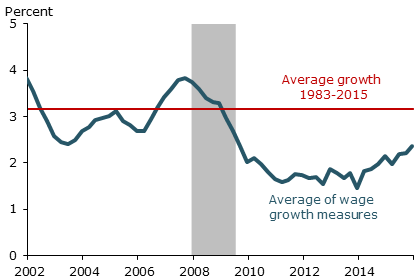Looking at numerous recent disasters, we found that there was frequently an expert who had valid data and who warned about the impending calamity in advance. In each case, that expert’s warnings went unheeded.
What do these experts and their warnings have in common?
First, the warning is often about something that had never happened before. And so decision makers exhibit “First Occurrence Syndrome,” the failure to take seriously a warning about a possibility with which they had no prior experience.
The second factor we have repeatedly found is that the person giving an accurate warning is often an expert armed with data, but who is also an outlier in their field. Other experts were not giving the same warning. What we found in most of the disasters we reviewed was that the expert exhibited “Sentinel Intelligence,” meaning that they had a unique ability to spot an approaching problem well before others.
The third factor is that the disaster being foretold sounds “outlandish,” more like the plot for a Hollywood movie than something that would happen in the real world.
Fourth, the Cassandra is often assailing a highly respected person or who may have the presumption of being reputable.
by Richard A. Clarke and R.P. Eddy, authors of Warnings: Finding Cassandras to Stop Catastrophes
